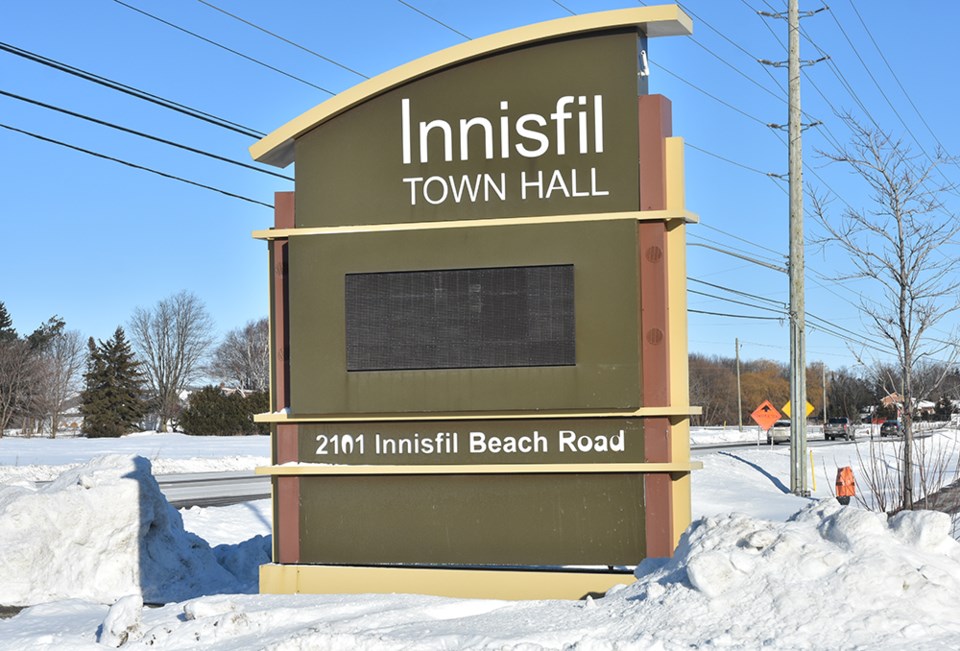The Town of Innisfil has declared a climate emergency and councillors feel the move is more than just symbolic.
The motion, approved unanimously by council, recognized “our emerging climate crisis” and deepens the town’s “commitment to protecting our economy, community, and ecosystems, from the climate crisis.”
Coun. Alex Waters gave notice of motion for the request at council’s January meeting. In meeting with area residents, Waters was asked why Innisfil hadn’t already declared a climate emergency.
For Waters, it was simple: he’d rather “get things done (than) make declarations.”
Plus, he found that staff and council were already on the same page when it came to ensuring a more sustainable future for the municipality and improving the quality of life for its residents. But the residents convinced him the declaration could help them do more.
“We had started some good projects (including) our strategic plan surrounding sustainability, we have the Orbit, we have our habitat projects,” Waters said. “The residents brought up to me that this is an umbrella that allows all this to be held under.”
Under the declaration, town staff will track and demonstrate the municipality’s “actions and achievements in relation to carbon output reduction, climate adaptation, and operational sustainability improvement by referencing the targets that will be in the Integrated Sustainability Master Plan and other associated policies related to sustainability efforts.”
A report on the town’s results will come to council in 2023.
Mayor Lynn Dollin also acknowledged her previous trepidation, but like Waters, found this to be the right time to pass such a motion.
“In the past, I’ve been a bit cynical,” she said. “I’m not a big fan of somebody declaring a climate change emergency that didn’t have any meat on the bones, and just making the declaration."
The mayor also took issue with other municipalities that declared a climate emergency and then relied on other levels of government to take the necessary action. Rather than taking the initiatives themselves, they looked to others to do the heavy lifting. That’s not the case for Innisfil’s declaration.
“I see us doing something within our own municipality and making sure we’re being the best we can be,” Dollin said.
Still, before councillors gave their approval, Waters was put in the hot seat, as his colleagues wanted to make sure this declaration genuinely was in the best interest of the residents.
Coun. Ken Fowler wanted to ensure the declaration could benefit the town when entering negotiations with developers and other interests, particularly when it comes to limiting urban sprawl.
“What kind of teeth will this give us?” he asked. “How will this make it easier for us to achieve our goals overall?”
Tying back to the Integrated Sustainability Master Plan is key to the declaration’s potential for success, Waters suggested. Once finalized, that plan will have not only a series of policies but also a series of targets. What it lacks in penalties and fines, it makes up for in key performance indicators and analysis to ensure the town is living up to its goals and what course corrections can be made if it falls behind.
“We know what’s going and if we’re not meeting our targets, council has a say about that,” Waters said.
Some councillors had residents reach out to them, wanting to make sure the declaration wasn’t a cash grab from the municipality.
“I did have some questions from some residents who were concerned that this might be leading us down the road to some sort of local carbon tax,” said. Coun. Rob Nicol.
The intent of the motion is not to find new revenue for the town at the expense of the ratepayer under the guise of environmental protection.
“It’s not about taxing people,” Waters said. “It’s about being innovative.”



